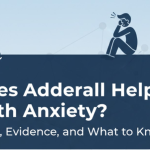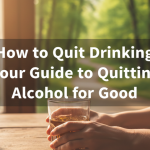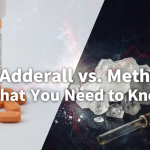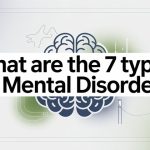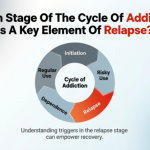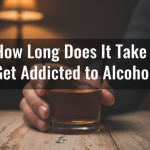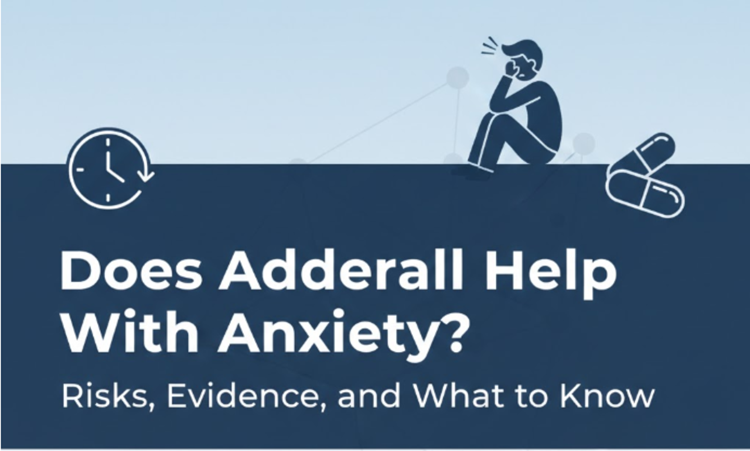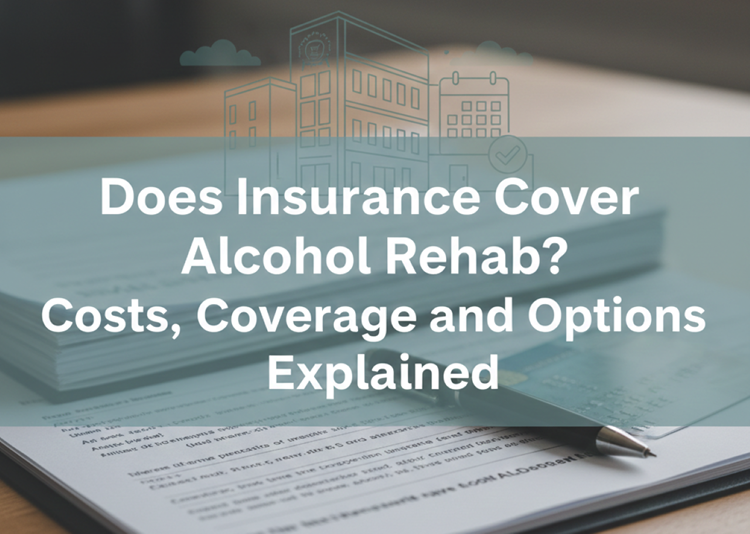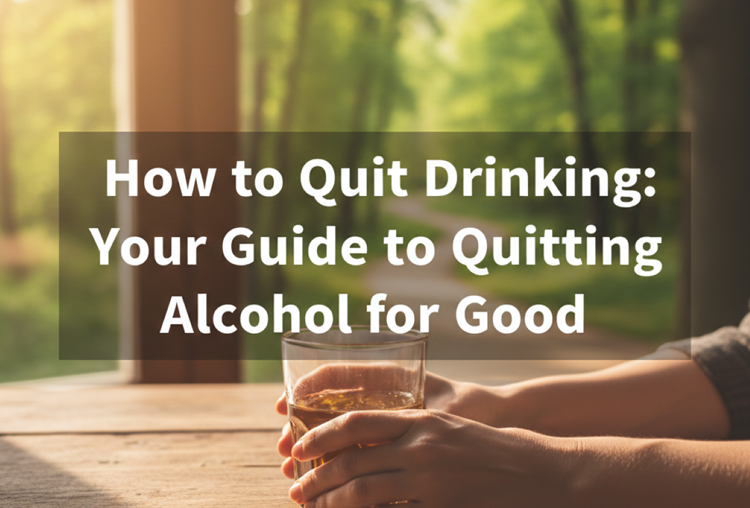Heroin addiction is one of the most challenging substance use disorders to overcome, and the withdrawal process can be physically and emotionally demanding. One of the common questions people ask is, “How long does heroin withdrawal last?” The answer depends largely on factors like the length and severity of addiction and a person’s health.
Heroin withdrawal is a critical phase in the recovery process, as the body is trying to adjust to functioning without the drug.
While each person’s withdrawal timeline can differ, it’s crucial to have medical support during this time for safe and effective management of symptoms. At Solutions Healthcare, we specialize in compassionate, medically supervised care to guide individuals through the withdrawal process.
What Is Heroin Withdrawal?
Heroin withdrawal occurs when someone who’s developed a dependence on the drug suddenly reduces or stops using it. Over time, the body gets physically and psychologically reliant on heroin. This alters brain chemistry to function in the presence of the drug. When heroin use stops, the body struggles to adjust, which causes withdrawal symptoms as it tries to regain balance.
Heroin withdrawal can be taxing both physically and mentally. Physically, symptoms can include:
- Intense cravings
- Pain
- Flu-like symptoms
Psychologically, withdrawal can trigger:
- Anxiety
- Depression
- Agitation
The heroin withdrawal timeline typically follows a set pattern, but the intensity and length of symptoms can vary. While most people experience the worst symptoms within the first few days, withdrawal can last anywhere from a week to several days. Proper medical supervision during this time is essential to manage symptoms and help ensure a safe recovery process.
How Long Does Heroin Withdrawal Last?
The average duration of heroin withdrawal typically ranges from 5 to 10 days but depends on different factors.
For most people, withdrawal symptoms start within 6 to 12 hours after the last dose. Symptoms typically peak in intensity during the first 72 hours. This may be the most uncomfortable part of the heroin withdrawal timeline.
While the worst physical symptoms usually disappear after the first few days, some can linger for days or weeks.
Each person’s experience will differ depending on things like the individual history of heroin use, the quantity used and overall health.
100% Confidential Support is Available 24/7
No matter what you’re going through, you’re not alone. Our dedicated team is here to provide a safe, judgment-free space where you can talk openly and honestly. Whether you need emotional support, resources, or just someone to listen.
We’re here for you—completely confidential and always respectful of your privacy. Call us today!
Heroin Withdrawal Timeline
Understanding the heroin withdrawal timeline can help you prepare for physical and psychological challenges you may face during recovery. It can follow these stages:
- 6-12 Hours: The first signs of withdrawal usually start within 6 to 12 hours after the last heroin dose. Early symptoms include muscle aches, anxiety, restlessness and nausea. This phase marks the body’s initial response to the absence of heroin.
- 1-3 Days: Withdrawal symptoms peak during the first 1 to 3 days. This is often the most intense period, with symptoms like severe cravings, sweating, vomiting, diarrhea, agitation and insomnia. Individuals may also have elevated levels of irritability and anxiety.
- 4-7 Days: After the peak phase, physical symptoms start gradually declining, but mental symptoms like anxiety, cravings or depression often persist. It’s common to continue feeling fatigued but having trouble sleeping during this time.
- Week 2 and Beyond: In some cases, post-acute withdrawal symptoms can continue for weeks or months after the initial period of withdrawal. Symptoms can include lingering mood swings, depression and sleep disturbances.
At Solutions Healthcare, we provide medical supervision and personalized care throughout the entire heroin withdrawal timeline.
Contact Solutions Healthcare
Battling with Drug and Alcohol Addition? Remember, you are not alone and we are here to help you!
Factors Affecting Heroin Withdrawal Duration
Several factors can influence how long heroin withdrawal lasts, including:
- Duration and amount of heroin use: The longer someone has been using heroin and the larger the doses, the more intense and prolonged their withdrawal symptoms are likely to be. Chronic use deeply alters the brain and body, making recovery more complex.
- Individual health and metabolism: A person’s overall physical health, including factors like nutrition, age and metabolic rate, can affect how quickly the body processes withdrawal symptoms. Healthier people may experience a shorter withdrawal period, while others may take longer to recover.
- Co-occurring mental health disorders: Mental conditions like anxiety, PTSD, or depression can make the psychological aspects of heroin withdrawal worse. These conditions can prolong withdrawal symptoms, making the experience more emotionally challenging.
- Previous withdrawal experiences: Someone who has gone through heroin withdrawal before could face different challenges during subsequent withdrawals. For some, symptoms may be more intense or difficult to manage with repeated cycles of use and withdrawal.
At Solutions Healthcare, we tailor our approach to heroin withdrawal management to each individual’s needs.
Treatments Used During the Heroin Withdrawal Timeline
During heroin withdrawal, treatments focus on easing physical discomfort, managing cravings and addressing psychological challenges.
For example, medications that may help with heroin withdrawal symptoms include:
- Methadone, a long-acting opioid, is used to reduce cravings and withdrawal symptoms gradually.
- Buprenorphine is a partial opioid agonist. It helps ease withdrawal symptoms and cravings without producing a full high.
- Naltrexone is an opioid antagonist that blocks heroin’s effects and helps prevent relapse.
- Clonidine can help with general withdrawal symptoms like anxiety, muscle aches and sweating.
- Loperamide is an anti-diarrhea medicine.
Holistic approaches like nutritional support, emotional support from clients, and therapy can also be part of treating heroin withdrawal symptoms.
Long-Term Support After Heroin Withdrawal
While completing detox is a significant milestone, heroin withdrawal and detox are just the beginning steps in the recovery journey. Long-term recovery requires ongoing care and support to address the root and underlying causes of addiction and prevent relapse.
After detox, therapy becomes critical to recovery. Individual and group sessions become a safe place to explore underlying mental health issues, past trauma and the emotional triggers contributing to addiction. Therapy helps develop healthier ways of coping and building emotional resilience.
Relapse prevention strategies are another vital part of post-withdrawal care. Clients learn to recognize and manage triggers, develop personalized relapse prevention plans and build strong support networks. These strategies help reduce relapse risk and reinforce the progress made during treatment.
100% Confidential Support is Available 24/7
No matter what you’re going through, you’re not alone. Our dedicated team is here to provide a safe, judgment-free space where you can talk openly and honestly. Whether you need emotional support, resources, or just someone to listen.
We’re here for you—completely confidential and always respectful of your privacy. Call us today!
Get Help for Heroin Withdrawal Today
If you or someone you care about is struggling with heroin addiction, reach out to our team to learn more about compassionate and evidence-based programs. We support clients throughout the entire heroin withdrawal timeline and then throughout everything needed for long-term recovery.
References
- National Institute on Drug Abuse (NIDA): Heroin
- Science Direct: Opioid withdrawal symptoms, frequency, and pain characteristics as correlates of health risk among people who inject drugs
- Wiley Online Library: Opioid withdrawal symptoms, a consequence of chronic opioid use and opioid use disorder: Current understanding and approaches to management
- National Institute of Health (NIH): Withdrawal Management







